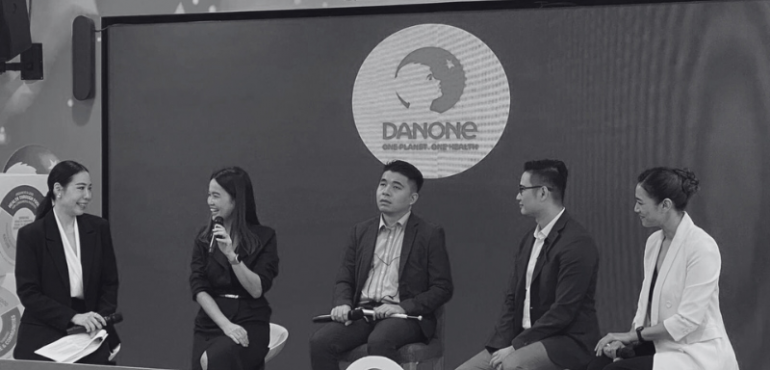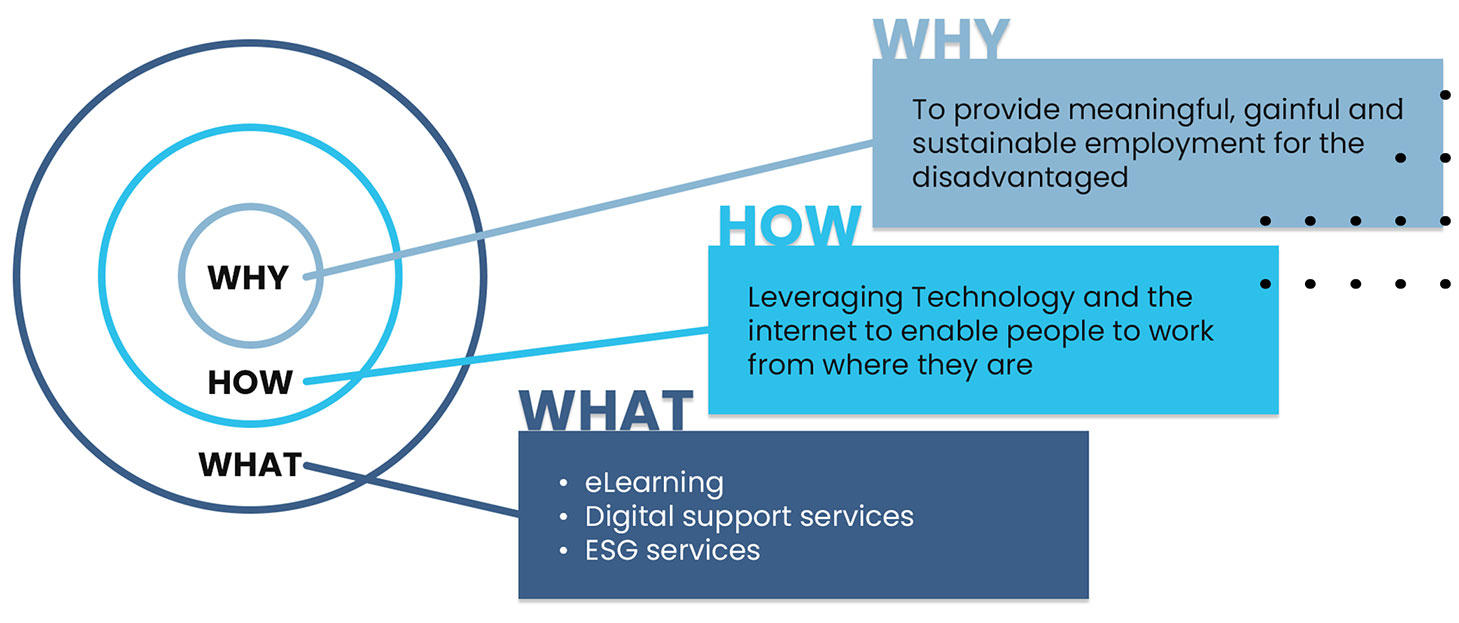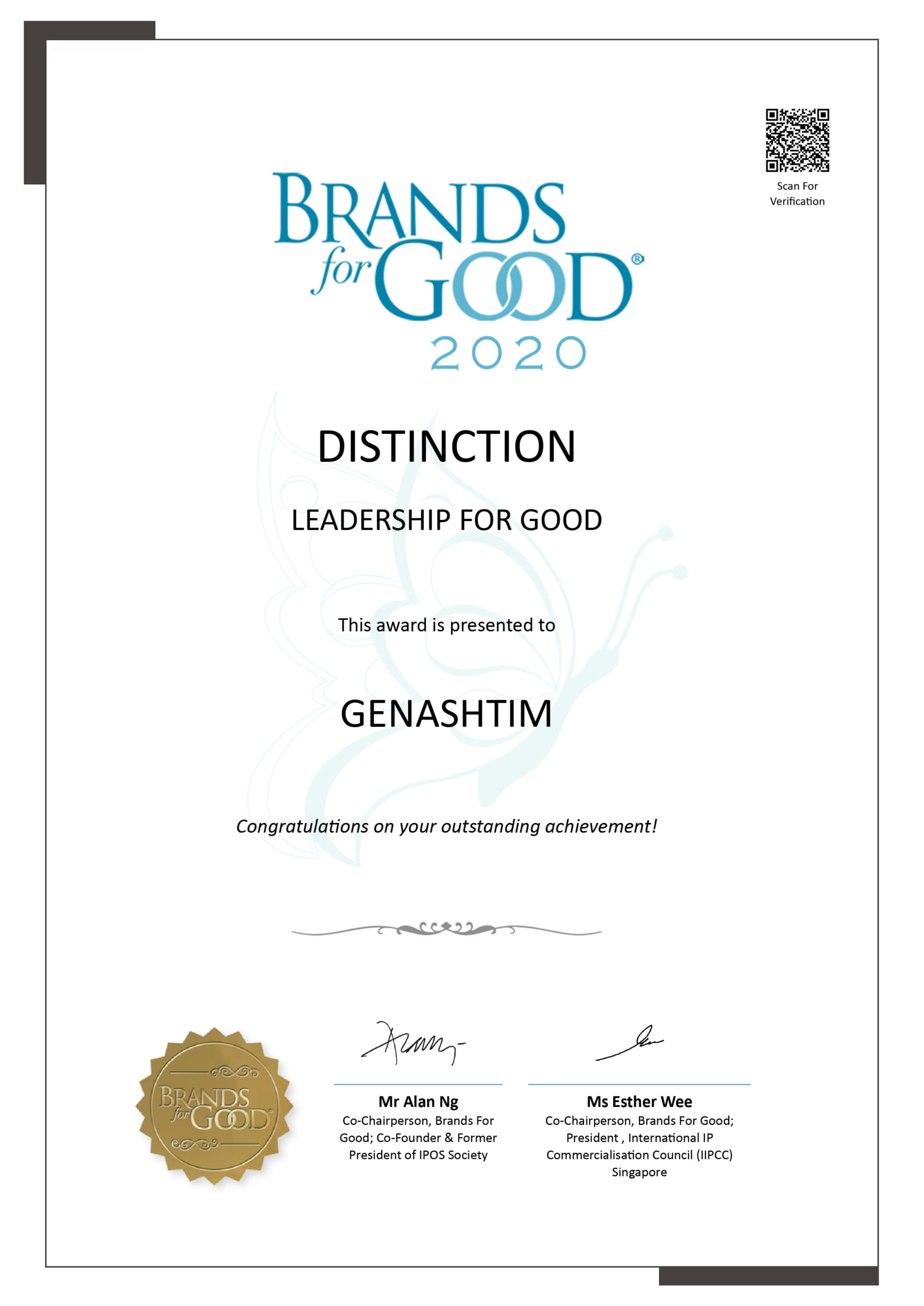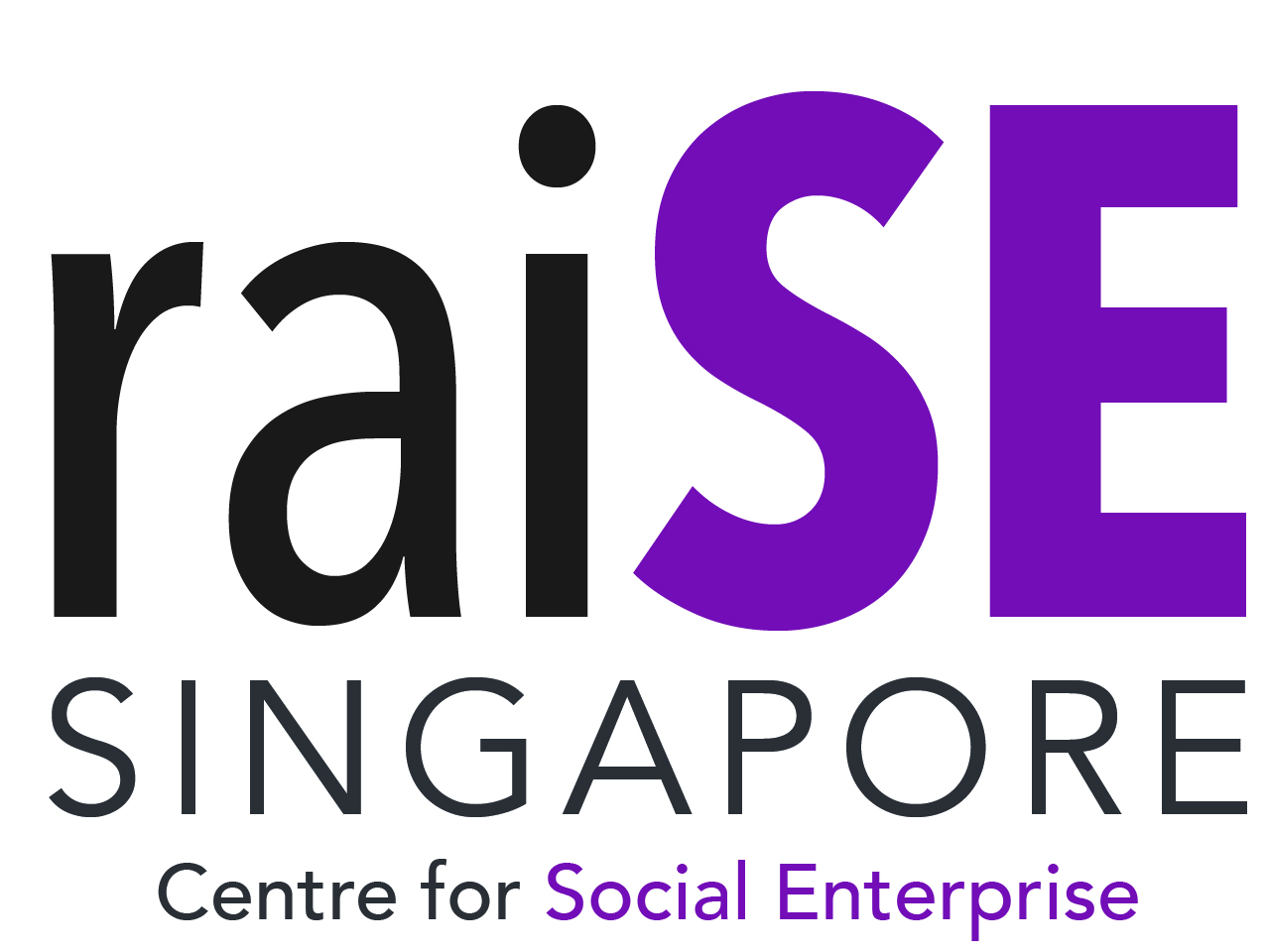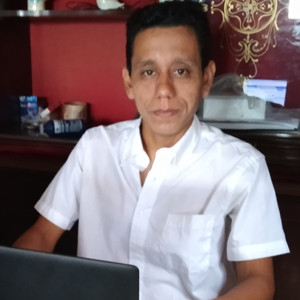Sustainability by Intention, Not Obligation

Sustainability must now sit at the core of how businesses create value, engage stakeholders, and shape the future economy. It is no longer a side initiative, an afterthought, or just a corporate badge.
That is the heart of the message shared by Ee Beng Tan, Head of ESG Services at Genashtim, during the Danone Thailand 2025 Sustainability Conference on 29 October 2025. Representing Genashtim’s long-standing commitment to responsible and inclusive business, Ee Beng spoke about the need to move sustainability from policy to practice, embedding it into every decision and process that defines a company’s impact.
The event brought together leaders in nutrition innovation, circular economy, and responsible business, united by a shared mission: to build a food system that is healthier, fairer, and truly sustainable.
Food as a Measure of Responsibility
In the food industry, every decision, from sourcing ingredients to shaping consumer trust, directly affects both people and the planet. Food businesses carry a responsibility that extends far beyond the plate. Danone Thailand understands this very well. As a long-time advocate for nutrition and sustainability, the company has made this responsibility central to its 2025 mission.
Danish Rahman, CEO of Danone Southeast Asia and Danone Thailand, highlighted that the future of food must be driven by innovation, responsibility, and collective action. This perspective framed the discussion around developing not only healthier products but also a more transparent and equitable food system.
Echoing this vision, Ee Beng emphasized that the future of food, and of business, depends on rethinking its very foundations. “Food isn’t just a product; it’s a responsibility,” he said. “When businesses prioritize ethics and transparency and drive innovation through strong values, they build trust that endures and impact that lasts.”
This mindset, he noted, shouldn’t be limited to food but should serve as a model for how all businesses can create value responsibly.
Sustainability in the Corporate DNA
True impact happens when sustainability becomes second-nature, not mandated. This is the principle behind the B Corp movement, that profit and purpose are not competing goals, but complementary forces for lasting growth.
Ee Beng explained that being a B Corp is about more than meeting environmental or social standards; it’s about redefining how a business thinks, operates, and creates value. “Sustainability should not be exclusive; it should integrate into every part of the business model,” he stated.
That belief is directly reflected in Genashtim’s approach: embedding ethical governance, inclusive employment, and digital empowerment into its business DNA. By aligning people, process, and purpose, Genashtim continues to demonstrate that business can be both sustainable and socially transformative.
Building a Responsible Future Together
Sustainability belongs in the blueprint of business, not as an afterthought to it. B Corps, like Genashtim and Danone Thailand, are proving that when transparency and purpose drive innovation, businesses can strengthen the systems that sustain people, communities, and the environment.
As Ee Beng pointed out, the real opportunity lies in collaboration. When corporations, entrepreneurs, and consumers align around ethics and transparency, they don’t just sustain industries; they transform them. The future belongs to businesses that align profit with purpose and create value with intention.
